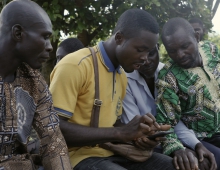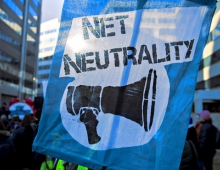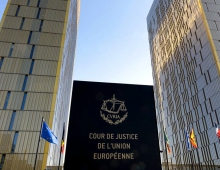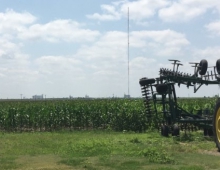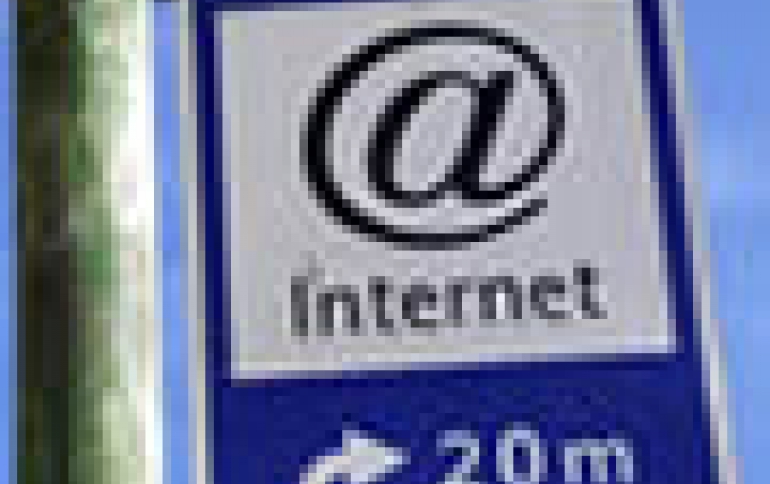
Britain to Crack Down on Extreme Internet Porn
Britain was to announce new measures to combat extreme Internet pornography, newspapers said.
Under proposals to be published by the Home Office, Britain's
interior ministry, it will be an offence punishable by up to three
years in prison to possess images of extreme obscenity or serious
sexual violence.
It is currently illegal to import, sell or publish such material in Britain but not to possess it. Cartoons or text would not be covered by the proposed offence.
"The intention is to send a message that it has no place in our society," said Paul Goggins, Home Office minister with responsibility for Internet crime and sex offences.
"We are not referring to what might be called mainstream pornography or to the kind of material classified for sale in licensed sex shops.
"By extreme, we mean material which is violent and abusive, featuring activities which are illegal in themselves and where, in some cases, the participants may have been the victims of criminal offences," he said Monday.
In a consultation document to be published later Tuesday, the Home Office was to suggest outlawing the depiction of bestiality, necrophilia or extreme violence involving grievous bodily harm.
"There is some evidence that the boundaries are being pushed back and that even more extremist images are now being sought and provided," the paper was to say.
The document says there are hundreds of websites "offering a wide range of material featuring the torture of (mostly female) victims."
"It is not the intention to penalise people who stumble across the material, have it sent to them without their consent or have a legitimate reason -- such as law enforcement -- for dealing with it."
The Financial Times business daily said Internet service providers were worried they could be lumbered with a legal duty to "police the Internet".
It is currently illegal to import, sell or publish such material in Britain but not to possess it. Cartoons or text would not be covered by the proposed offence.
"The intention is to send a message that it has no place in our society," said Paul Goggins, Home Office minister with responsibility for Internet crime and sex offences.
"We are not referring to what might be called mainstream pornography or to the kind of material classified for sale in licensed sex shops.
"By extreme, we mean material which is violent and abusive, featuring activities which are illegal in themselves and where, in some cases, the participants may have been the victims of criminal offences," he said Monday.
In a consultation document to be published later Tuesday, the Home Office was to suggest outlawing the depiction of bestiality, necrophilia or extreme violence involving grievous bodily harm.
"There is some evidence that the boundaries are being pushed back and that even more extremist images are now being sought and provided," the paper was to say.
The document says there are hundreds of websites "offering a wide range of material featuring the torture of (mostly female) victims."
"It is not the intention to penalise people who stumble across the material, have it sent to them without their consent or have a legitimate reason -- such as law enforcement -- for dealing with it."
The Financial Times business daily said Internet service providers were worried they could be lumbered with a legal duty to "police the Internet".



